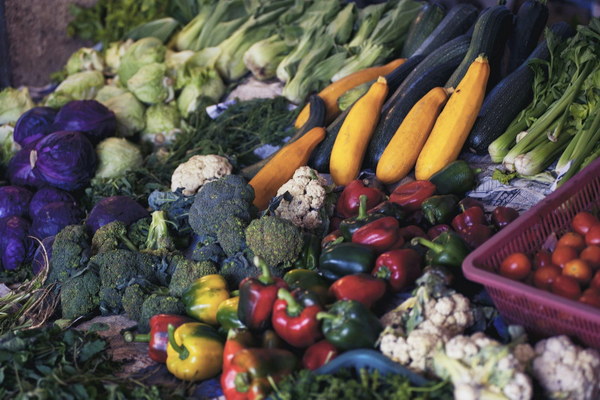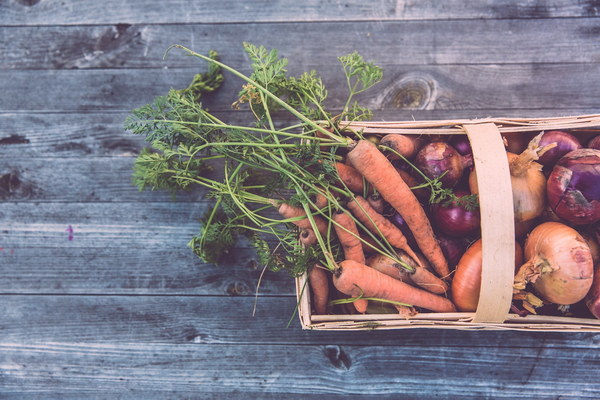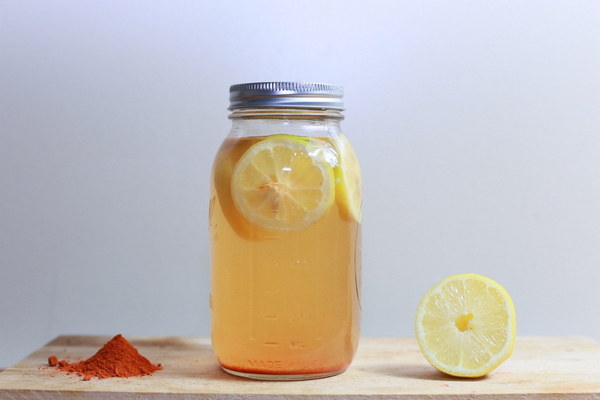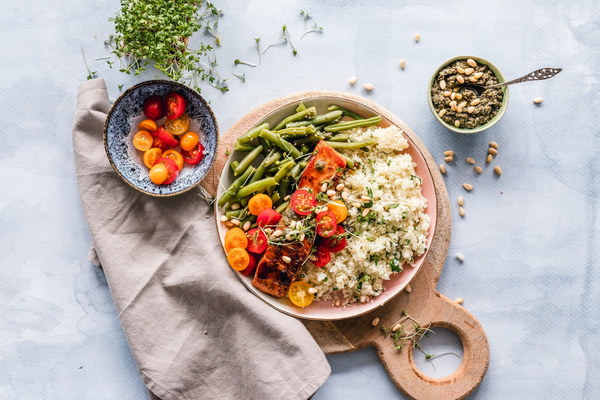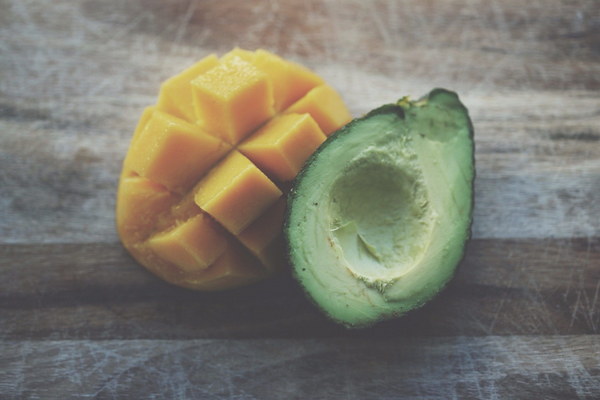Effective Ways to Combat Excessive Dampness A Comprehensive Guide to Removing Dampness from Your Life
Introduction:
Excessive dampness, or dampness in traditional Chinese medicine, can lead to a variety of health issues. It is characterized by symptoms such as fatigue, weight gain, and a general feeling of heaviness. In this article, we will explore various methods to combat dampness and restore balance to your body.
1. Diet:
One of the most effective ways to reduce dampness is through your diet. Avoid consuming foods that are known to increase dampness, such as dairy products, sugary foods, and cold, raw foods. Instead, focus on a balanced diet that includes the following:
- Lean proteins: Fish, poultry, and lean meats are excellent sources of protein and can help boost your immune system.
- Whole grains: Brown rice, quinoa, and oats are rich in nutrients and can help improve digestion.
- Vegetables: Incorporate a variety of vegetables, especially those that are warm and drying, such as asparagus, garlic, and ginger.
- Fruits: Choose fruits that are naturally drying, such as apples, oranges, and pears.
- Herbs and spices: Cinnamon, clove, and cardamom are warming and drying spices that can help combat dampness.
2. Exercise:
Regular physical activity is crucial in removing dampness from your body. Engaging in moderate-intensity exercises such as walking, jogging, or cycling can help promote circulation and stimulate the lymphatic system, which aids in the elimination of dampness.
3. Herbs and Supplements:
Many traditional Chinese herbs and supplements can help combat dampness. Some of the most commonly used include:
- Astragalus: This herb has been shown to boost the immune system and improve circulation.
- Codonopsis: Also known as dang shen, this herb can help improve energy levels and strengthen the immune system.
- Cinnamon: As mentioned earlier, cinnamon is a warming spice that can help combat dampness.
- Turmeric: This spice contains curcumin, which has anti-inflammatory properties and can help reduce dampness.
4. Acupuncture and TCM:
Acupuncture, along with other traditional Chinese medicine (TCM) practices, can be highly effective in treating dampness. Acupuncture can help improve circulation, reduce inflammation, and boost the immune system. TCM may also recommend herbal remedies, dietary changes, and lifestyle adjustments to address dampness.
5. Lifestyle adjustments:
Several lifestyle changes can help reduce dampness in your body:
- Keep your living space dry and well-ventilated.
- Avoid excessive moisture exposure, such as prolonged time in a humid environment or getting wet.
- Wear appropriate clothing during damp weather to prevent dampness from settling into your body.
- Practice stress-reducing techniques, such as meditation or yoga, as stress can exacerbate dampness symptoms.

Conclusion:
Combating excessive dampness requires a multi-faceted approach that includes diet, exercise, and lifestyle adjustments. By incorporating these strategies into your daily routine, you can effectively reduce dampness and improve your overall well-being. Remember to consult with a healthcare professional before making significant changes to your diet or lifestyle.

